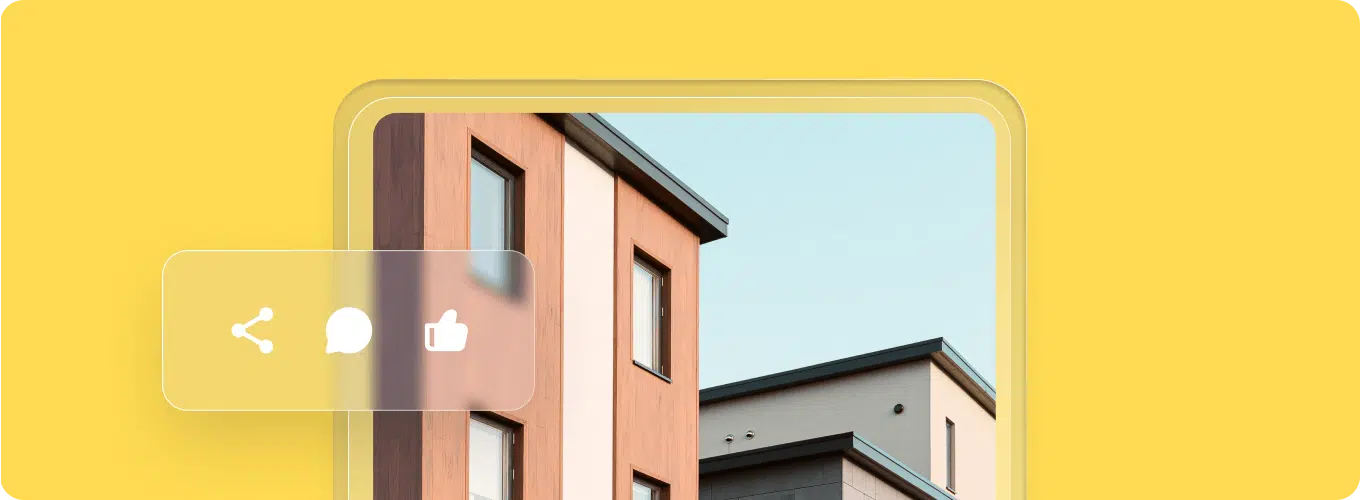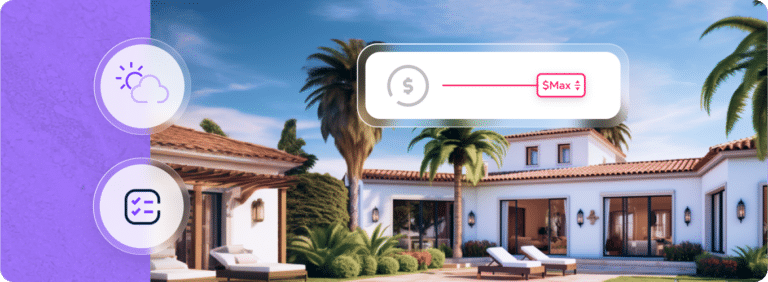Some people say more risk, more reward. At Guesty, we say more innovation, more reward.
To run a successful business you’ve got to run a smart business. That’s why Guesty encourages our customers to implement creative risk-minimizing solutions into their operations. One such solution is GuardHog, a short-term rental insurance provider and deposit facilitator we’ve recently welcomed into our rapidly expanding Marketplace.
Read on to learn what they have to say about the importance of reducing your risk by taking deposits from guests.
______________________________________________________________________________
The idea of requiring deposits when letting strangers into your home for any length of time should be a no-brainer, and yet taking meaningful deposits on sites like Airbnb and Booking.com is not only incredibly tricky, but can also be a turn-off to guests. We asked 2,000 people if they think the requirement for a deposit when booking a short-let property is off-putting, and a huge 82% of them said that yes, it is!
It is not only guests who don’t like deposits. A lot of hosts are opting not to ask for deposits, believing it to be more effort than it’s worth.
Why is that? These are the four most common reasons we found:
- Regulations around handling/storing guests’ money are complicated.
- Repeatedly taking and then returning money is a hassle many hosts don’t want to deal with.
- Resolving guest/host disagreements can get messy.
- With short-lets, the deposit often ends up costing more than the overall cost of the stay itself. It’s unappealing for guests to put down a £500 deposit for a 2-night stay that only cost them £300. Because of this, listings on sites like Airbnb that require security deposits tend to have lower occupancy rates. Since most hosts want as many bookings as possible, they are therefore forced to accept bookings without deposits.
Despite the challenges involved, hosts should definitely require deposits from their guests to cover the smaller damages that won’t be claimable on an insurance policy. Here’s why:
Accidents Happen
Having a deposit to cover the cost of any accidental damage is obviously vitally important, especially when managing properties you don’t personally own. You don’t want to have to pay a couple hundred dollars in cleaning fees every time a glass of red wine spills on the carpet! From the guest’s point of view, extra costs at the end of your stay if you do cause some damage and the host decides to bill you for it are equally painful. Having a set amount in the pot for any spills and smashes before the stay happens is in the best interest of both parties and allows for the most straightforward solutions to any accidents that may happen.
Insurance Is for the Big Stuff
While taking a host insurance policy out is an absolute must for those who want to avoid spending big bucks on guest-related damages, it’s important to remember that in most cases, smaller damages won’t be covered. Having to replace bed linen, crockery, glassware and towels (just to name a few things) a couple of times a year might not seem like too much of a problem, but when you add it all up, you’ll likely find that it’ll cost you a pretty penny. All short-let insurance policies have a minimum claim limit that must be reached in order for a claim to be processed, and they tend to be upwards of $600. This means unless you take a deposit from your guests, you could end up having to pay hundreds of dollars (or more if get a lot of bookings) because of damages or cleaning fees that don’t hit your minimum claim mark.
Deposits Enable Trust
Despite what some say about the lack of trust from hosts who require a deposit, we believe a deposit can actually be used as a platform to build trust between hosts and guests. It’s only fair that a host should want the protection that a deposit offers if things go wrong, and guests shouldn’t be afraid to say, “Hey, I’m really sorry. I accidentally knocked a vase over and it broke.” An honest person wouldn’t let these things go unmentioned, and they are exactly the kind of things that deposits are there for. Really, the hope is that the presence of a deposit will minimize tension if anything has been damaged and allow for a quick fix and happy parties all round.
______________________________________________________________________________
Though hosts are completely entitled and encouraged to request deposits from guests, the problem still remains that there are hard to follow guidelines when it comes to processing and storing the money, which makes it off-putting for all involved.
That’s where GuardHog comes in.
In addition to providing insurance coverage for short-term rental properties, GuardHog offers a newly launched DEPOSITCOVER feature, which cover hosts in the event of damages, increases transparency between hosts and guests and reduces payment processing fees associated with traditional deposits.
There’s More Where That Came From
GuardHog is just one of the many management tools available in Guesty’s rapidly expanding Marketplace. Check it out to see how you could be saving time, enhancing your guests’ experience and streamlining every aspect of your property management business.





